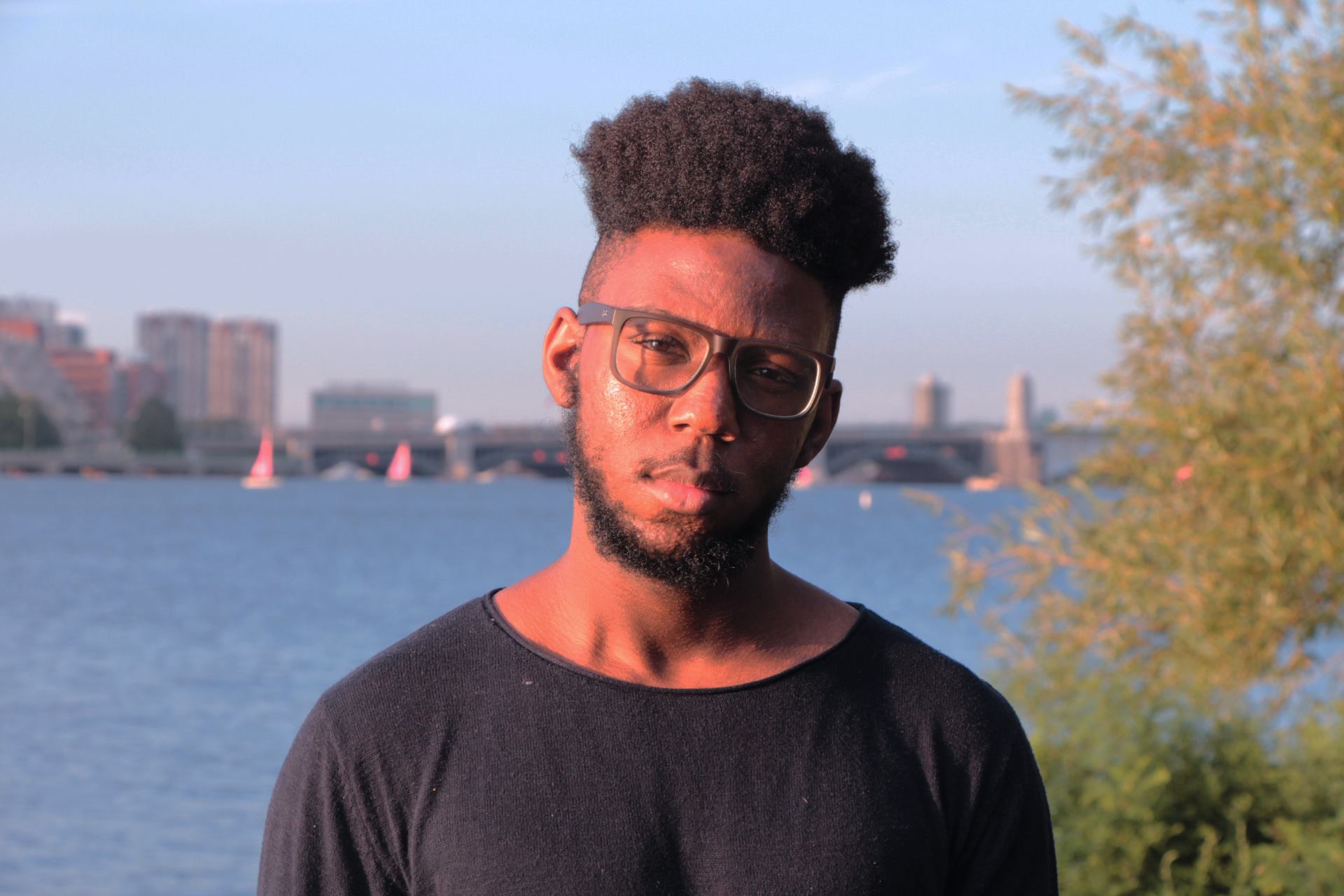Emma Watson Responds to Critics of Her Vanity Fair Shoot

By:
Actress and activist Emma Watson is firing back at critics who question her feminist cred for being photographed while scantily clad for Vanity Fair.
Watson, who has worked as the UN Women Goodwill Ambassador since 2014, said during a promotional interview for her new film “Beauty and the Beast” that feminism is about freedom, liberation and equality. She voiced confusion about the criticism.
“I really don’t know what my tits have to do with it,” Watson said.
For decades feminists have sparred over how to respond to the male gaze, objectification and commercial interest in the female form. Just this week, feminist icon Gloria Steinem voiced a bit of regret in an interview with The Guardian for the way in which she burst onto the scene after going undercover as a Playboy Bunny in the 1960s.
Conflict seems to linger whenever women are overtly sexual or take control of their own sexuality, which is falsely equated to an inability to be good role models or a hunger for male attention.
To opponents of Watson’s decision to appear topless in the magazine, her visible underboob seemingly negated her efforts to bring attention to the gendered wage gap and child marriage.
“Feminism is about giving women choice, feminism is not a stick with which to beat other women with,” Watson said at one point in the interview.
Watson’s assertion of her own bodily autonomy has a long feminist history. However, she has also been the target of feminist critique for years by those that do not think that she has promoted a feminism that was sufficiently intersectional.
What's more, Watson has had her own doubts about the feminist credentials of others. During a 2014 interview with Wonderland Magazine, Watson said she felt conflicted about the ways in which Beyoncé portrayed feminism in sexually-charged performances of her self-titled album. Not long after the singer's VMA performance which featured the word "feminist" illuminated on stage and the words of Nigerian feminist author Chimamanda Ngozi Adichie, Watson said:
“As I was watching [the videos] I felt very conflicted, I felt her message felt very conflicted in the sense that on the one hand she is putting herself in a category of a feminist, but then the camera, it felt very male, such a male voyeuristic experience of her … ”
On the one hand, the critique once leveled by Watson could apply to her own photo shoot. On the other, every woman is allowed to call her own shots.
